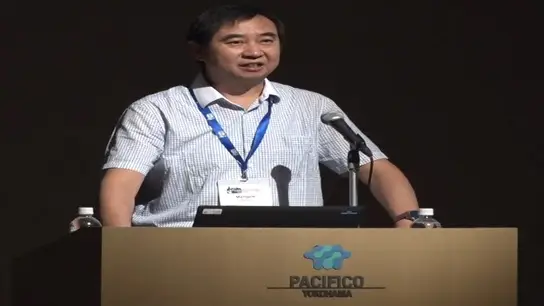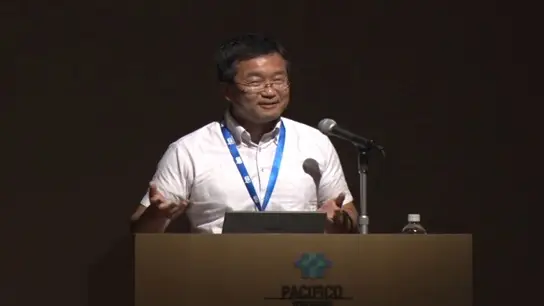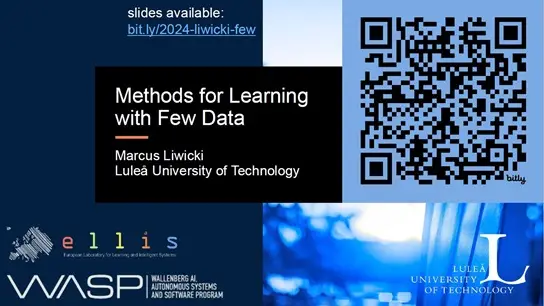Interpretable, Unrolled Deep Radar Beampattern Design
Kareem M Metwaly (The Pennsylvania State University); Junho Kweon (The Pennsylvania State University); Khaled Alhujaili (The Taibah University); Maria S. Greco (University of Pisa); Fulvio Gini (University of Pisa); Vishal Monga (The Pennsylvania State University)
-
Members: FreeSPS
IEEE Members: $11.00
Non-members: $15.00
06 Jun 2023
Optimizing a transmit MIMO radar waveform subject to the non-convex constant modulus constraint remains a problem of enduring interest. The past decade has seen a variety of tailored iterative approaches with various performance-complexity trade-offs. Despite promising work, iterative algorithms have a speed handicap and require meticulous parameter tuning. Once trained, a deep network can quickly regress the desired waveform coefficients, but it is a black box and may excel only when generous training is available. We present a fast, learned, and - for the first time - interpretable (FLI) deep learning approach by unrolling a state-of-the-art iterative optimization approach. We particularly leverage the recently proposed projection, descent, and retraction (PDR) algorithm and design a deep network where each PDR step is mapped to a layer in the neural network while preserving the non-convex constant modulus constraint. FLI breaks the trade-off between complexity and performance. It is near real-time with boosted performance -- fidelity to the desired beampattern -- compared to the state-of-the-art alternatives.



